Color recognition Numbers 0–10 Worksheets for Ages 3-6
9 filtered results
-
From - To
Discover engaging "Color Recognition Numbers 0–10 Worksheets" designed for children ages 3-6! These colorful and interactive worksheets help young learners identify numbers while also enhancing their color recognition skills. Perfect for early math education, each worksheet combines fun activities that encourage counting, coloring, and number association, making learning both enjoyable and effective. With captivating illustrations and age-appropriate challenges, your little ones will gain confidence as they explore numbers in a vibrant context. Use these resources for at-home learning or in classroom settings to support a well-rounded foundation in both mathematics and visual comprehension. Get started on a colorful learning adventure today!
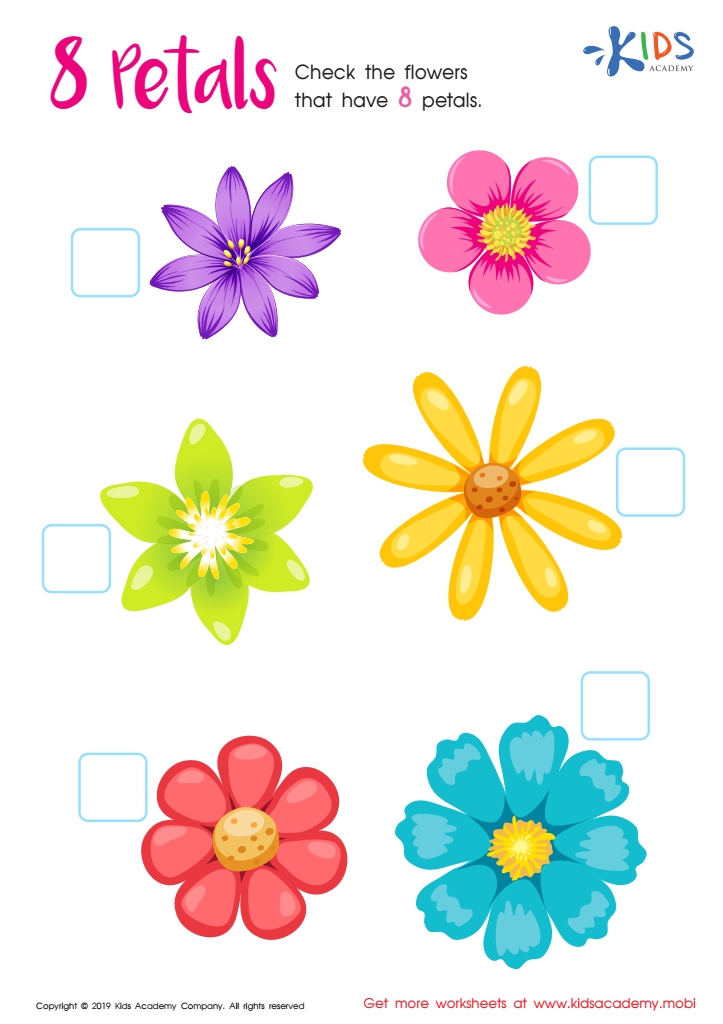

8 Petals Worksheet
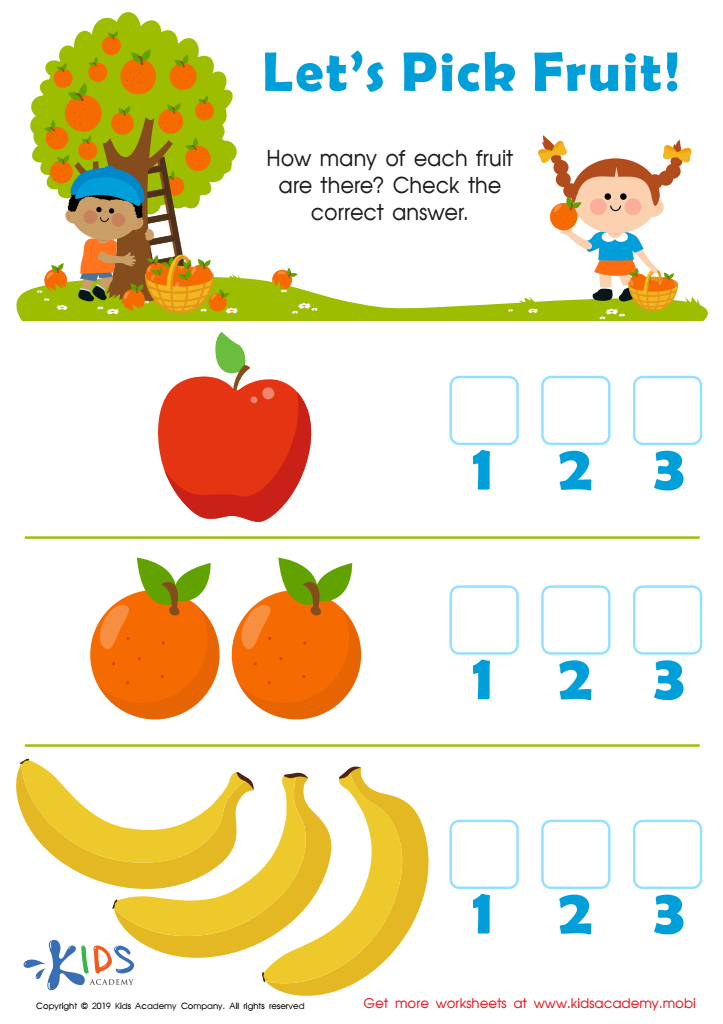

Let's Pick Fruit Worksheet
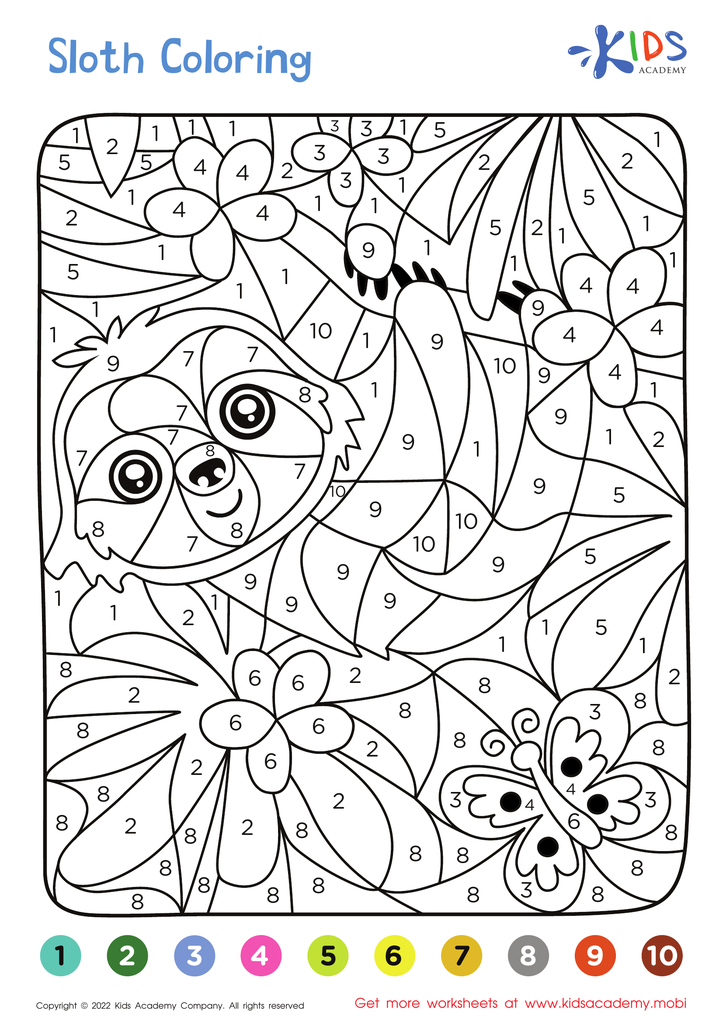

Sloth – Coloring by Numbers
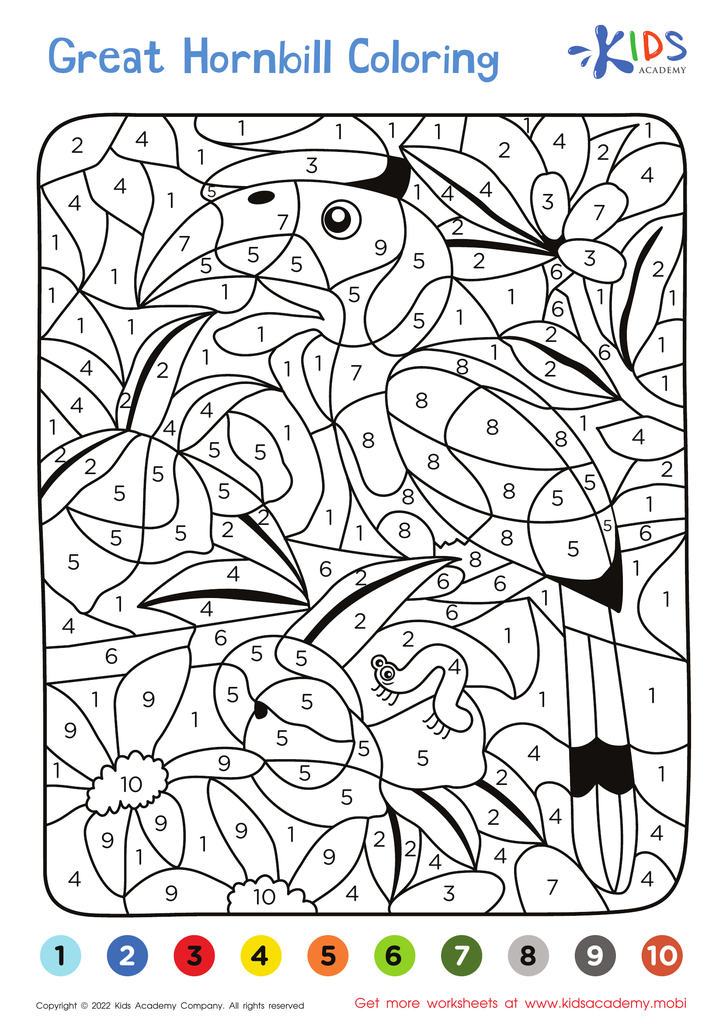

Great Hornbill – Coloring by Numbers


In the Treetops – Coloring Page


Twinkle, Twinkle, Little Star – Coloring by Numbers
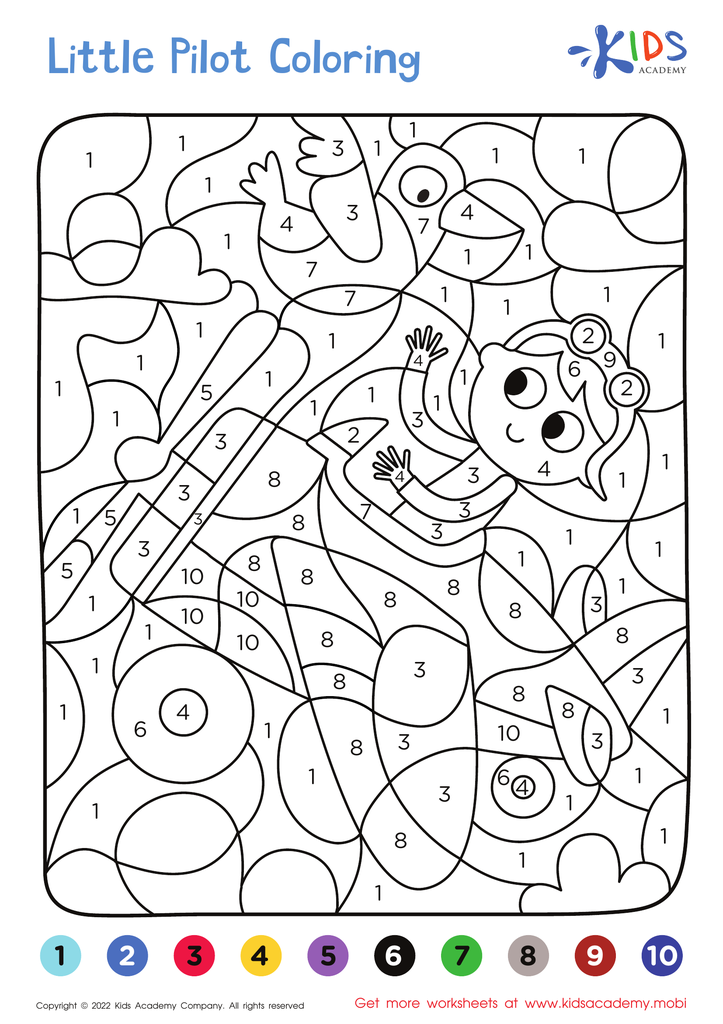

Little Pilot – Coloring by Numbers
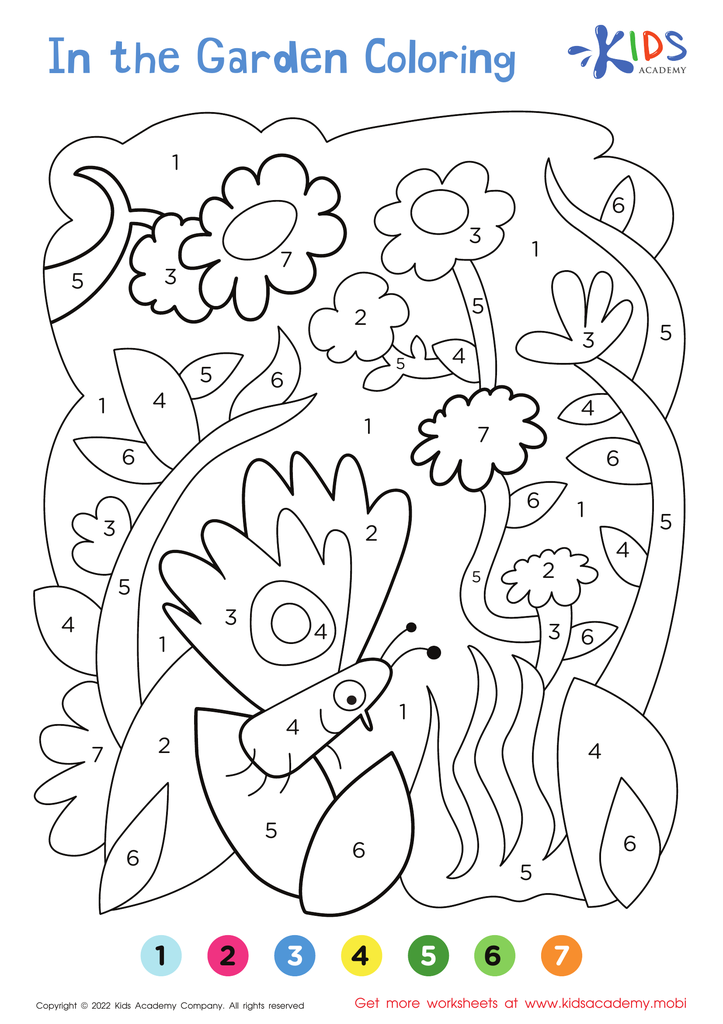

In the Garden – Coloring by Numbers
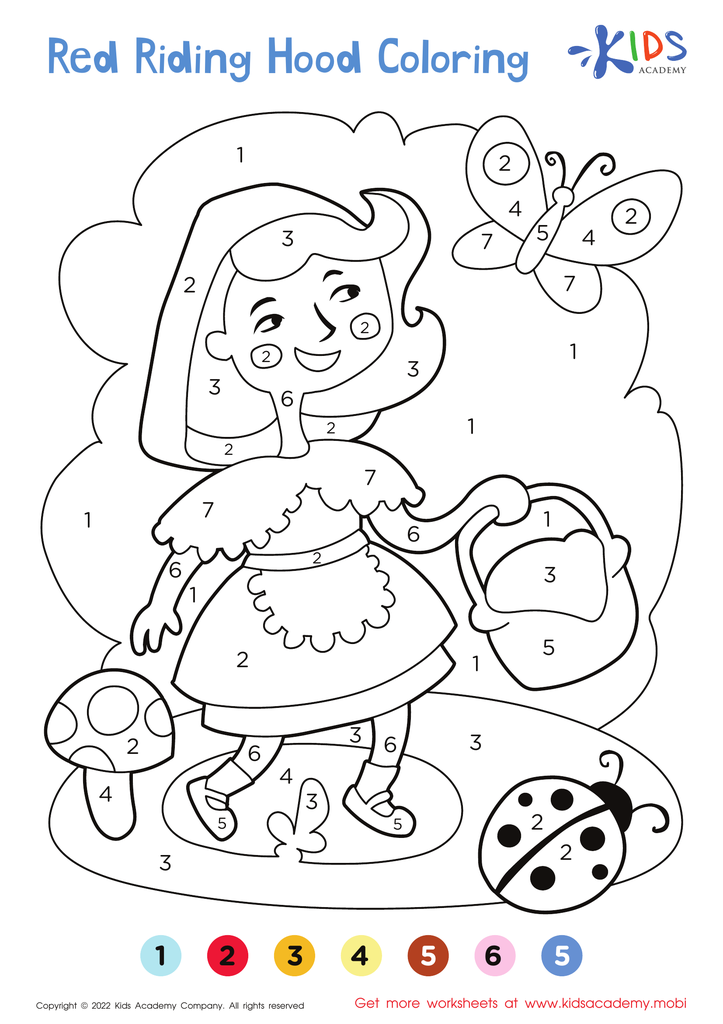

Little Red Riding Hood – Coloring by Numbers
Color recognition and number identification are foundational skills that play a crucial role in early childhood development for children aged 3-6. These skills not only serve as a basis for future academic learning but also contribute to cognitive and social development. Recognizing colors helps children classify and organize their environment, fostering critical thinking and problem-solving abilities. It also enhances their ability to communicate, as they learn to describe objects and express preferences effectively.
Understanding numbers 0-10 introduces children to basic math concepts and promotes quantitative reasoning. This early exposure aids in building a strong mathematical foundation, making later learning more manageable. Engaging with numbers allows kids to understand relationships and count, which are essential skills in daily life.
Additionally, color and number recognition activities can be seamlessly integrated into play and exploration, making learning enjoyable and interactive. When parents and teachers emphasize these skills, they help nurture curiosity and a love for learning. Supporting children in mastering color and number recognition fosters their confidence, laying the groundwork for future academic success and life skills. Ultimately, these early experiences shape children's perceptions and understanding of the world around them, making it essential for adults to prioritize these learning milestones.
 Assign to My Students
Assign to My Students





















